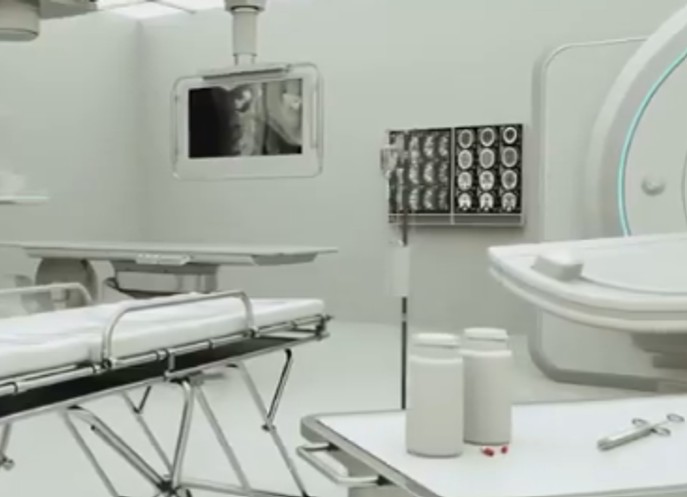AI is transforming the healthcare sector across the world
04-Aug-2025.

Artificial Intelligence (AI) is reshaping the global healthcare landscape at an unprecedented pace. From early diagnosis to personalized treatment and operational efficiency, AI is driving innovation that enhances both the quality and accessibility of healthcare services.
Hospitals and clinics are increasingly integrating AI-powered systems to detect diseases such as cancer, heart conditions, and neurological disorders earlier and more accurately than traditional methods.
One of the key breakthroughs lies in AI's ability to analyze vast datasets in real time. Machine learning algorithms can mine electronic health records, imaging scans, and genomic data to uncover patterns that assist doctors in making faster, more informed decisions.
For instance, AI-enabled imaging tools can flag abnormalities in X-rays or MRIs, reducing diagnostic errors and supporting radiologists in high-volume environments.
Moreover, AI is revolutionizing drug discovery and development. By simulating the effects of potential compounds, AI models significantly cut down the time and cost of bringing new drugs to market. In addition, AI chatbots and virtual assistants are being used to provide basic medical advice, schedule appointments, and monitor patients remotely, especially in underserved or rural areas.
Despite its promise, AI in healthcare also raises ethical, legal, and data privacy concerns. Ensuring fairness, accountability, and transparency in AI systems is crucial to maintain trust and avoid bias. Still, with responsible implementation, AI holds the potential to make healthcare more predictive, preventive, and personalized — ultimately saving lives and improving global health outcomes.







